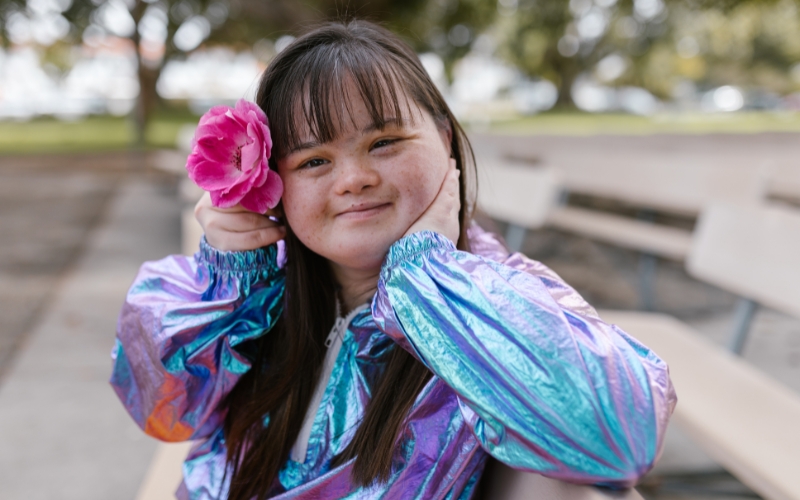
As we celebrate World Autism Month this April, let’s reflect on the progress being made in autism research. Recent clinical trials exploring the potential of stem cells derived from cord blood and cord tissue are providing new insights into the possibilities of supporting children with Autism Spectrum Disorder (ASD). While these studies are not designed to “cure” autism, they focus on alleviating some of the challenges children with autism face, offering hope for improving their quality of life.
Study #1: Phase I Trial of Autologous Cord Blood Stem Cell Infusion in Children with Autism Spectrum Disorder (ASD)
A Phase 1 study was conducted on 25 children aged 2 to 6 with autism spectrum disorder (ASD). Each child received an IV infusion of stem cells (10 to 50 million cells per kg of body weight). The treatment was well tolerated and with no serious side effects reported. Improvements in behavior were seen within the first 6 months and continued up to 12 months. Children with higher nonverbal IQs showed greater improvements.
Study #2: Pilot Randomized Controlled Trial of Autologous Cord Blood Stem Cell Infusion in Young Children with ASD
Another study was conducted with 29 children aged 2 to 6 with autism spectrum disorder (ASD). The children were randomly divided into two groups—one received a stem cell infusion (at least 10 million cells per kg of body weight), while the other received a placebo. After 24 weeks, the groups switched treatments. No serious side effects were reported at 12 and 24 weeks after infusion. Researchers observed a possible improvement in social skills.
Study #3: Comparative Efficacy of Autologous and Allogeneic Cord Blood Stem Cell Infusion in Children with ASD
A study of 180 children aged 2 to 7 with ASD tested stem cell infusions using their own (autologous) or donor (allogeneic) cells versus a placebo. Each child in the treatment groups received at least 25 million cells per kg through an IV infusion. The infusions were safe but did not show clear improvements in social skills or autism symptoms.
Further analysis found that children aged 4 to 7 with a non-verbal IQ of 70 or higher showed some benefits compared to the placebo group. Researchers identified challenges in study design that may have impacted results, highlighting the need for further research.
Study #4: Safety and Preliminary Efficacy of Allogeneic Umbilical Cord Tissue Mesenchymal Stem Cell Infusion in Children with ASD
A phase I study focused on the infusion of mesenchymal stem cells derived from umbilical cord tissue from unrelated donors in 12 children aged 4 to 9 with ASD. They receive one, two, or three doses of 2 million cells per kg from an unrelated donor every two months. The treatment was well tolerated, with no serious side effects.
Half of the children (6 out of 12) showed improvements in at least two ASD-related areas, such as communication, social skills, or behavior. A larger phase II trial is now underway to better assess safety and effectiveness.
Cord Blood Banking
Storing your baby’s stem cells is a valuable choice that could benefit their future health. As research advances, stem cell therapy shows potential for treating conditions like autism. We have released cord blood samples for autism treatment, helping both the child and their siblings. Your decision today could lead to new medical possibilities for your family.
Want to learn about the benefits of cord blood banking?
Contact us now at 04-3116613 or Click Here to Download a FREE Info Pack

